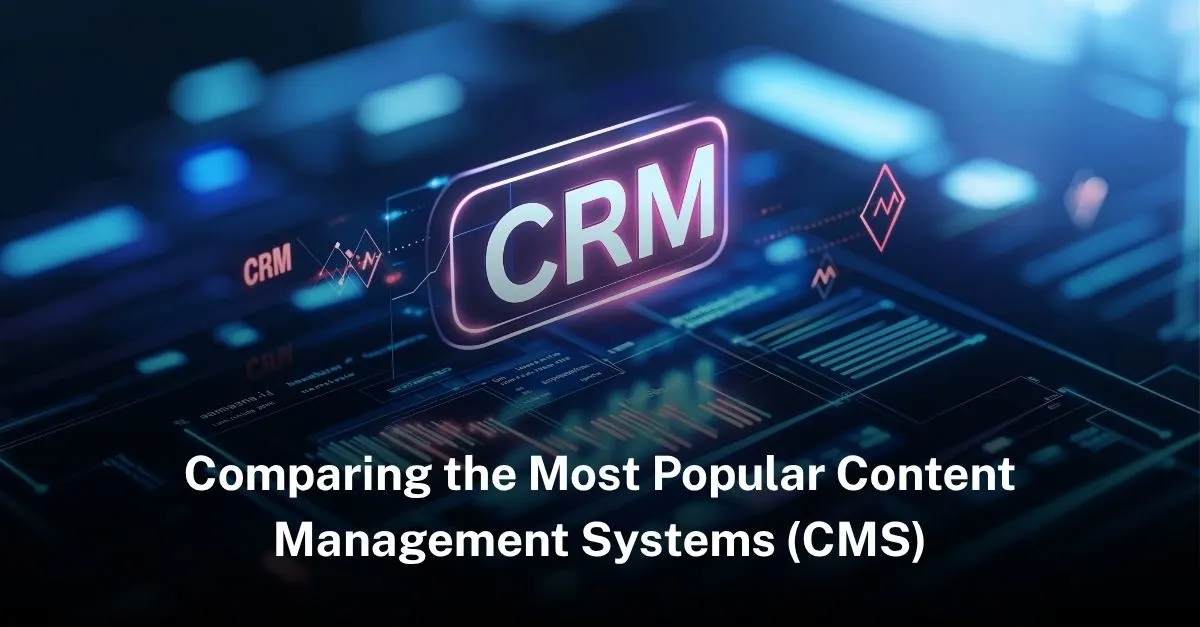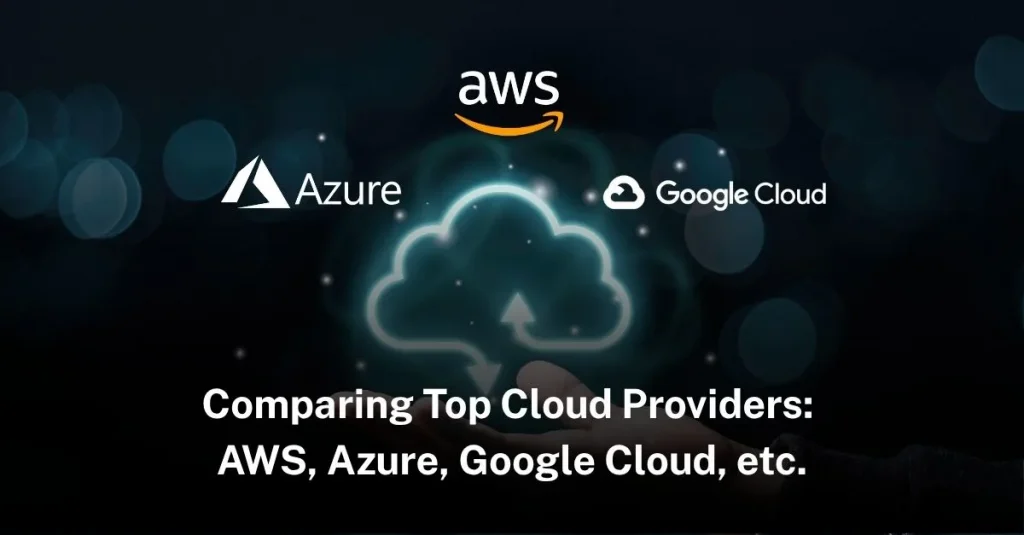Having a robust and user-friendly Content Management System (CMS) is crucial for building and managing a website. Among the most popular CMS platforms are WordPress, Wix, and Squarespace. Each of these platforms offers unique features and capabilities, catering to different needs and skill levels. Let’s compare these CMS platforms to help you decide which one might be the best fit for your website.
1. WordPress
Overview:
- Type: Open-source
- Market Share: Over 40% of all websites
- Cost: Free, with paid hosting and premium themes/plugins
Pros:
- Flexibility and Customization: WordPress offers thousands of themes and plugins, allowing for extensive customization.
- SEO-Friendly: Strong SEO capabilities with plugins like Yoast SEO or RankMath
- Scalability: Suitable for all types of websites, from small blogs to large e-commerce sites.
- Community Support: A large, active community provides support and resources.
Cons:
- Learning Curve: Can be complex for beginners.
- Maintenance: Requires regular updates and maintenance.
- Security: Vulnerable to security threats if not properly managed.
Ideal For:
- Users who want complete control over their website’s design and functionality.
- Bloggers, businesses, and developers looking for a highly customizable platform.
2. Wix
Overview:
- Type: Hosted
- Market Share: Over 160 million websites
- Cost: Free with Wix branding; premium plans start at $14/month
Pros:
- Ease of Use: Drag-and-drop editor makes it easy for beginners.
- Templates: Wide range of attractive, professional templates.
- Integrated Tools: Built-in tools for SEO, marketing, and analytics.
- Customer Support: 24/7 support is available.
Cons:
- Limited Customization: Less flexibility compared to open-source platforms like WordPress.
- Template Lock-In: Difficult to switch templates once the site is live.
- Scalability: May not be suitable for very large or complex websites.
Ideal For:
- Beginners and small businesses looking for an easy-to-use website builder.
- Users who prefer a hosted solution with integrated tools.
3. Squarespace
Overview:
- Type: Hosted
- Market Share: Over 2.5 million websites
- Cost: Plans start at $12/month
Pros:
- Design: High-quality, aesthetically pleasing templates.
- Ease of Use: Intuitive drag-and-drop interface.
- All-In-One: Includes hosting, domain registration, and SSL.
- Customer Support: 24/7 customer support via chat and email.
Cons:
- Limited Flexibility: Less customizable compared to WordPress.
- Pricing: More expensive than some competitors.
- Performance: Can be slower compared to other platforms.
Ideal For:
- Creative professionals and small businesses focused on design and aesthetics.
- Users looking for an all-in-one solution with minimal setup.
4. Shopify
Overview:
- Type: Hosted
- Market Share: Over 1 million businesses
- Cost: Plans start at $29/month
Pros:
- E-commerce Focus: Built specifically for online stores.
- Ease of Use: User-friendly interface for setting up and managing an online store.
- Payment Integration: Supports multiple payment gateways.
- Support: 24/7 customer support.
Cons:
- Cost: More expensive, especially with transaction fees.
- Limited Customization: Less flexibility in design compared to WordPress.
Ideal For:
- Businesses looking to set up an online store quickly and efficiently.
- Users who need robust e-commerce features with minimal technical setup.
Comparing CMS in summary
Choosing the right CMS depends on your specific needs and technical expertise.
- WordPress is ideal for those seeking flexibility and control.
- Wix is perfect for beginners looking for ease of use.
- Squarespace suits creative professionals focusing on design.
- Shopify is tailored for businesses needing powerful e-commerce capabilities.
By understanding the strengths and weaknesses of each platform, you can make an informed decision and choose the CMS that best aligns with your website’s goals.










Leave a Reply